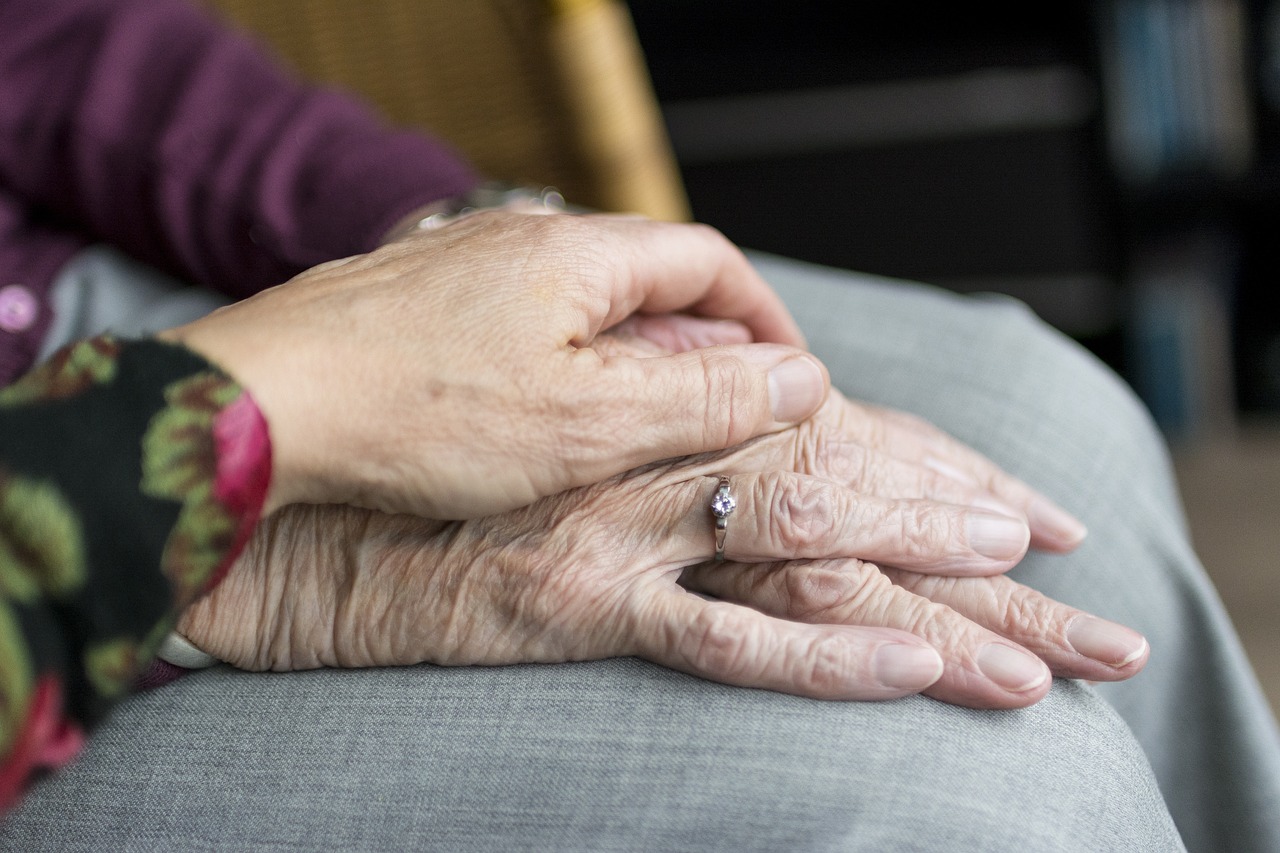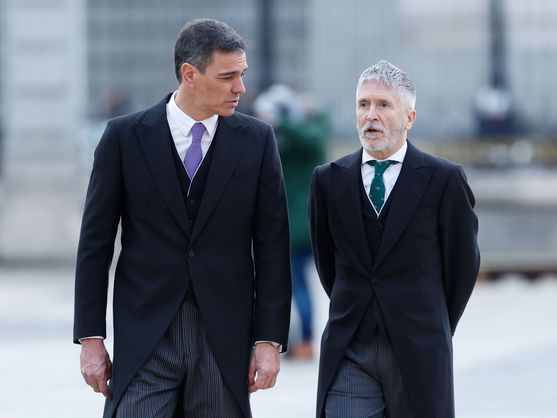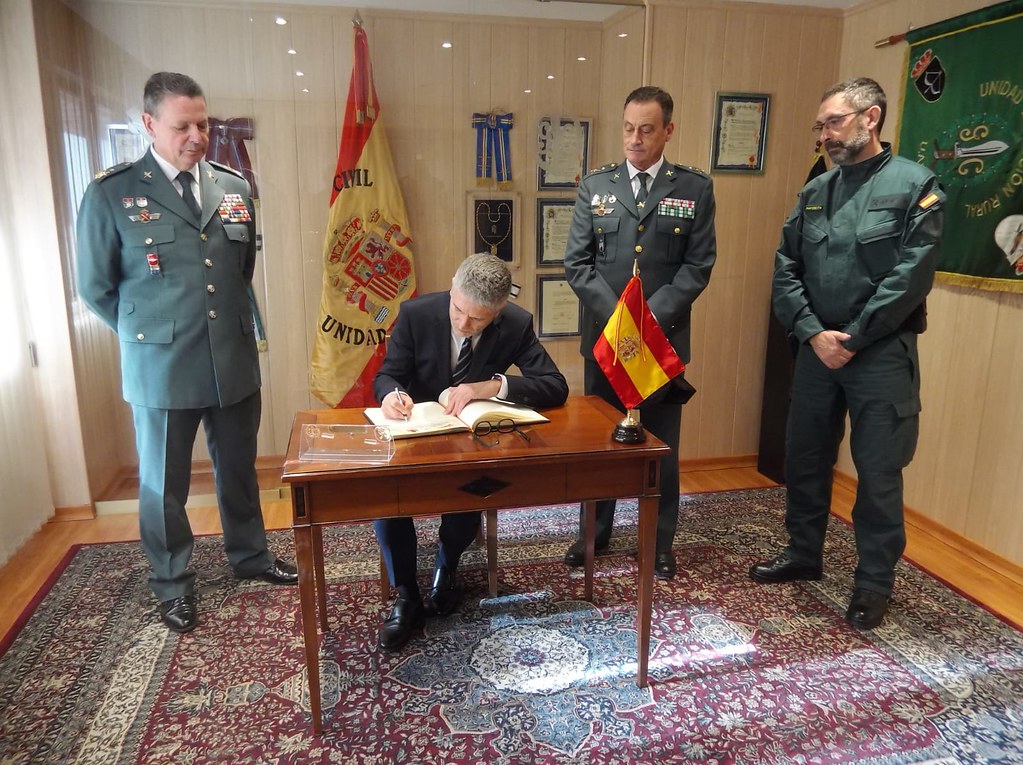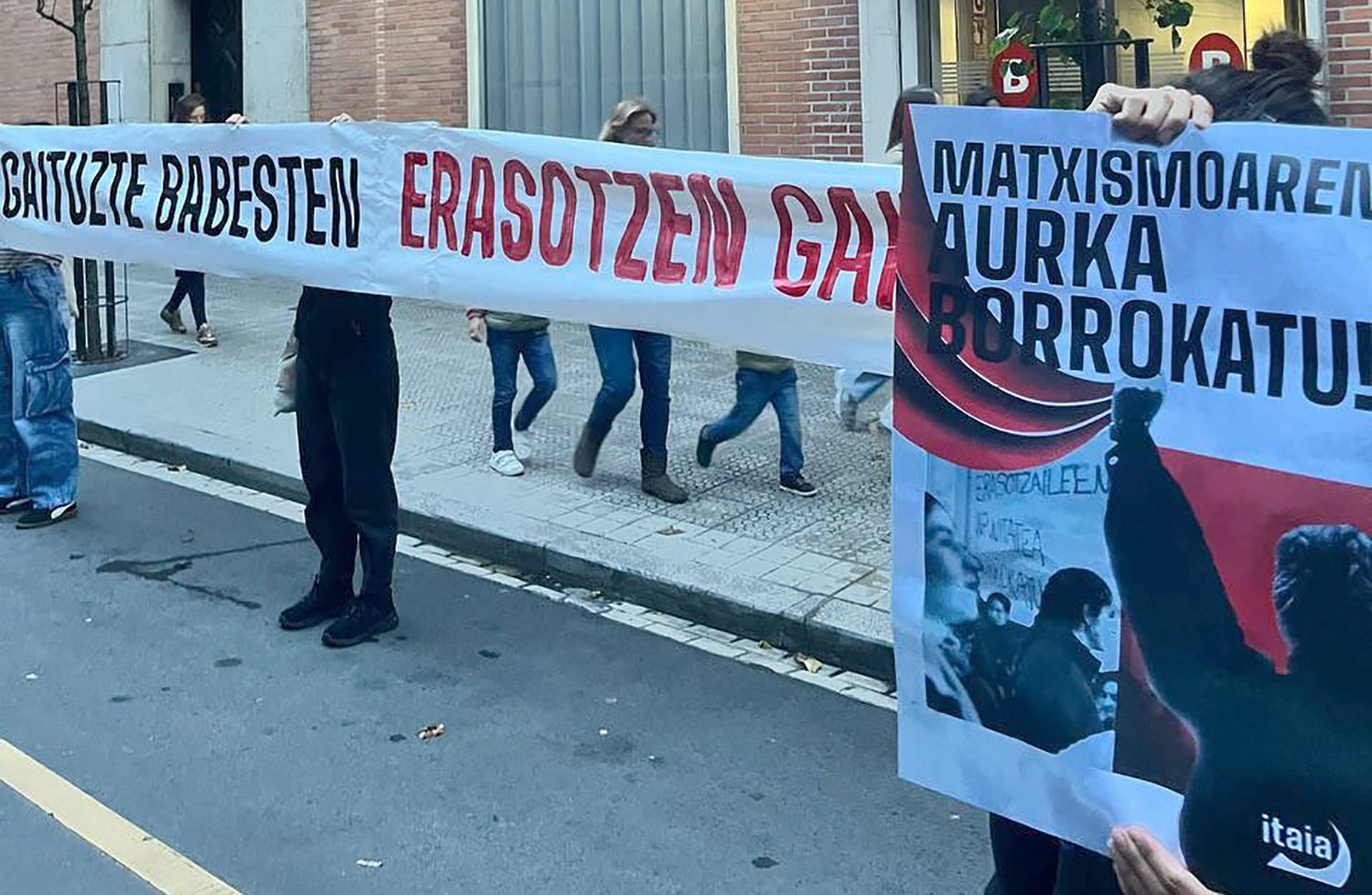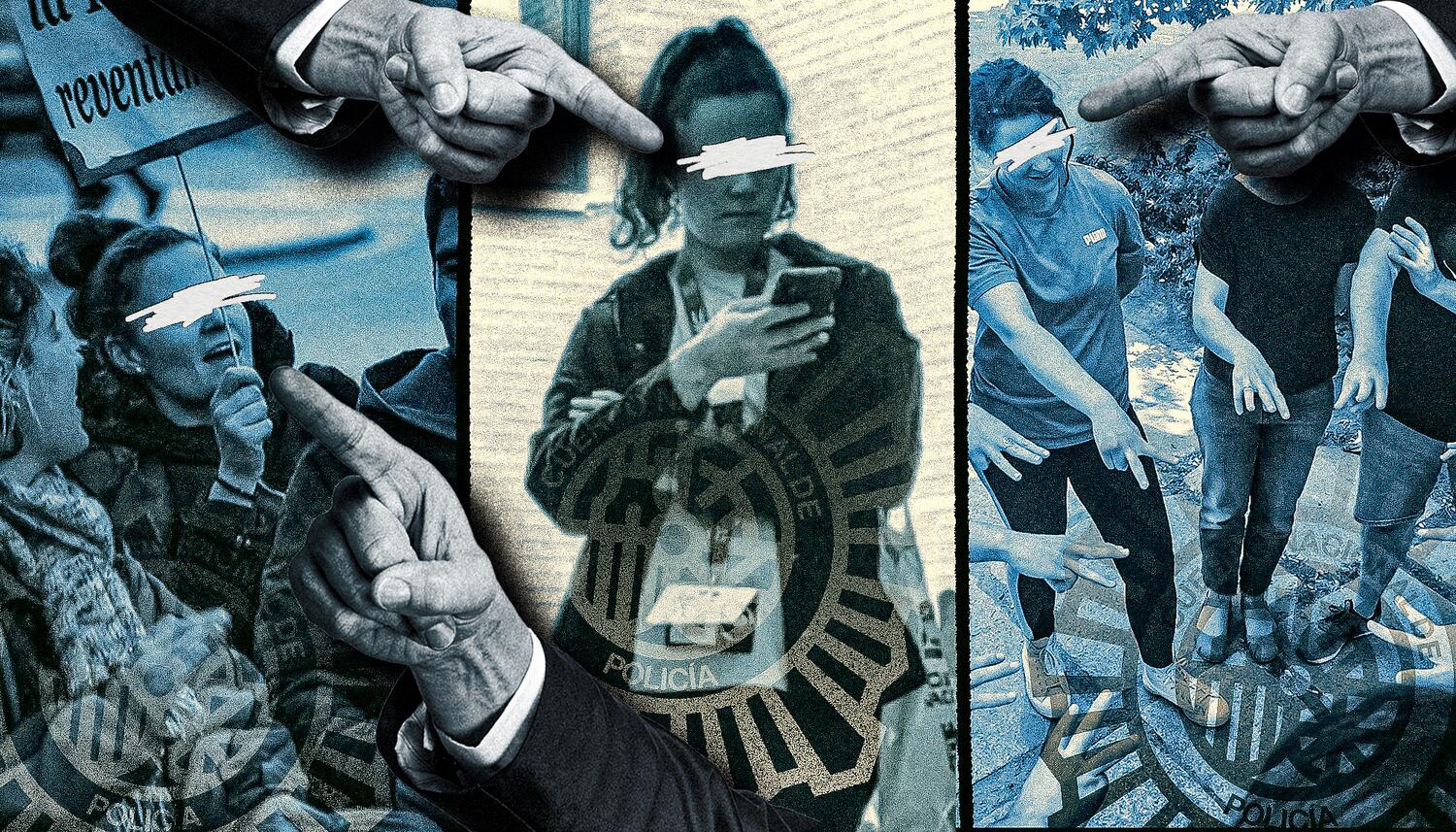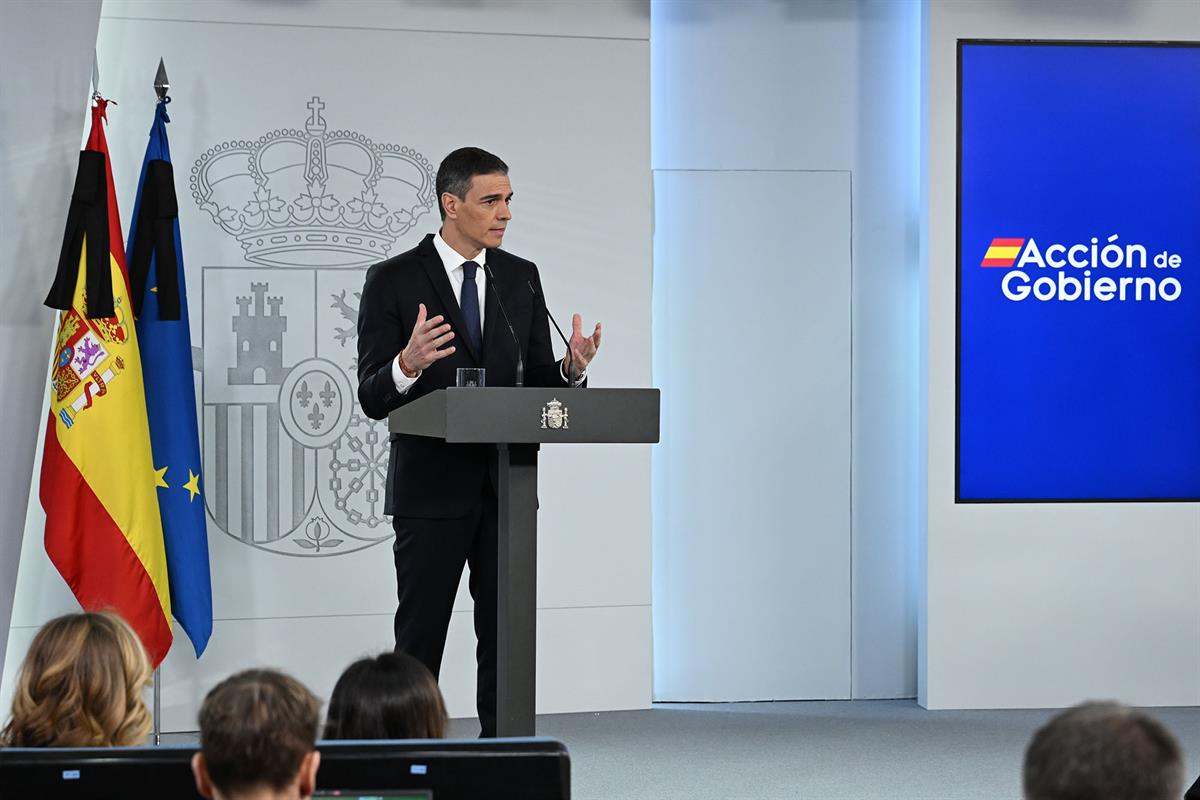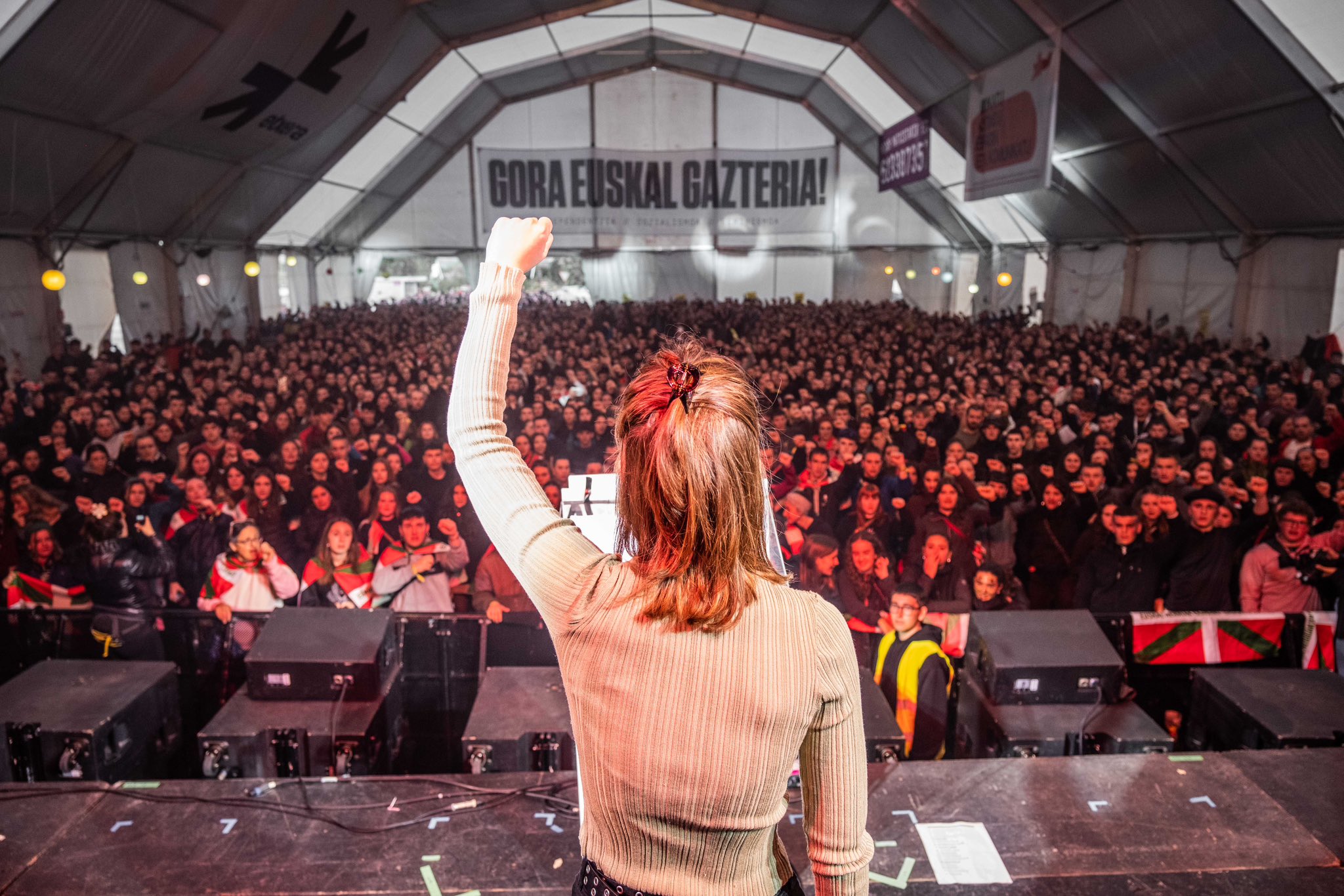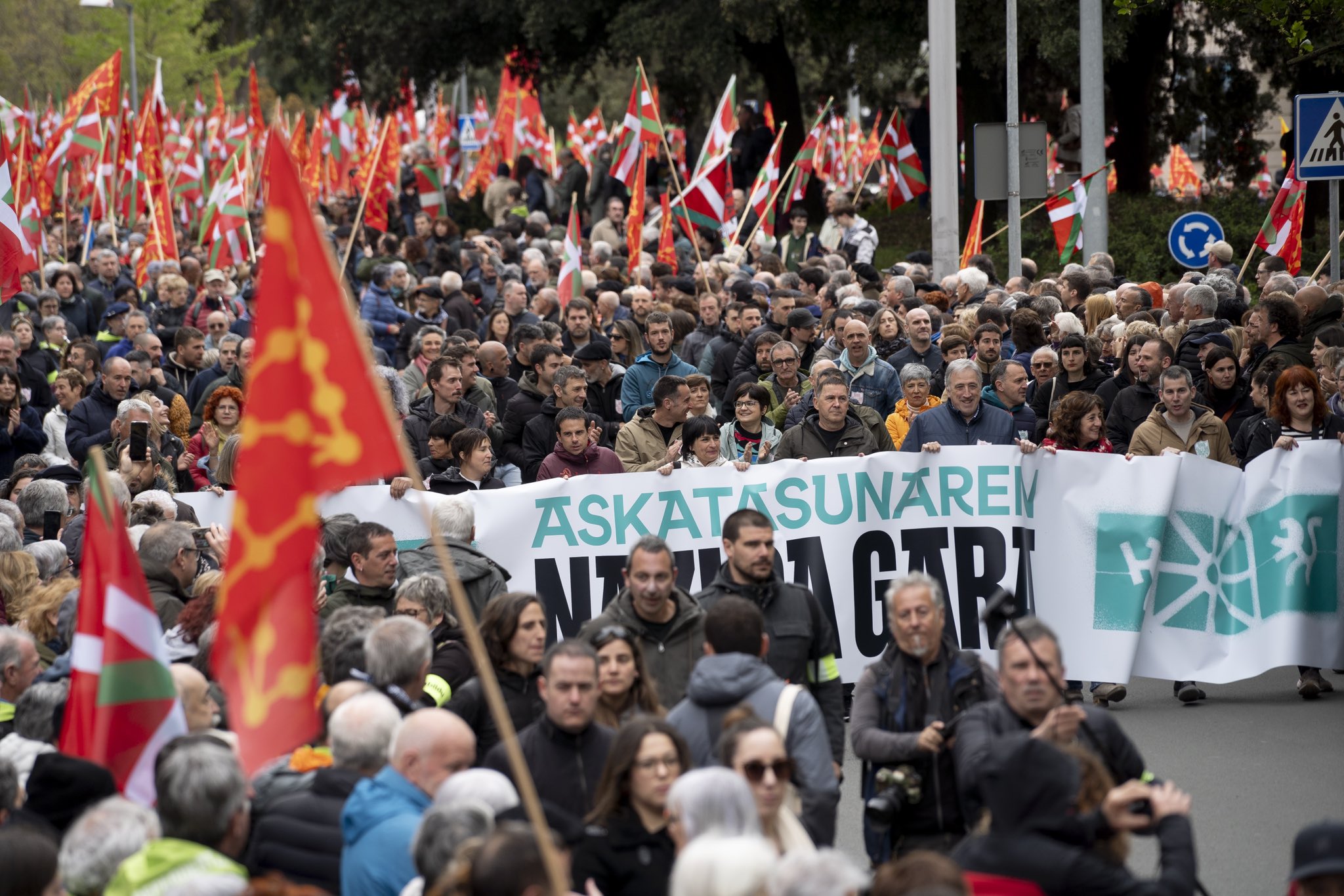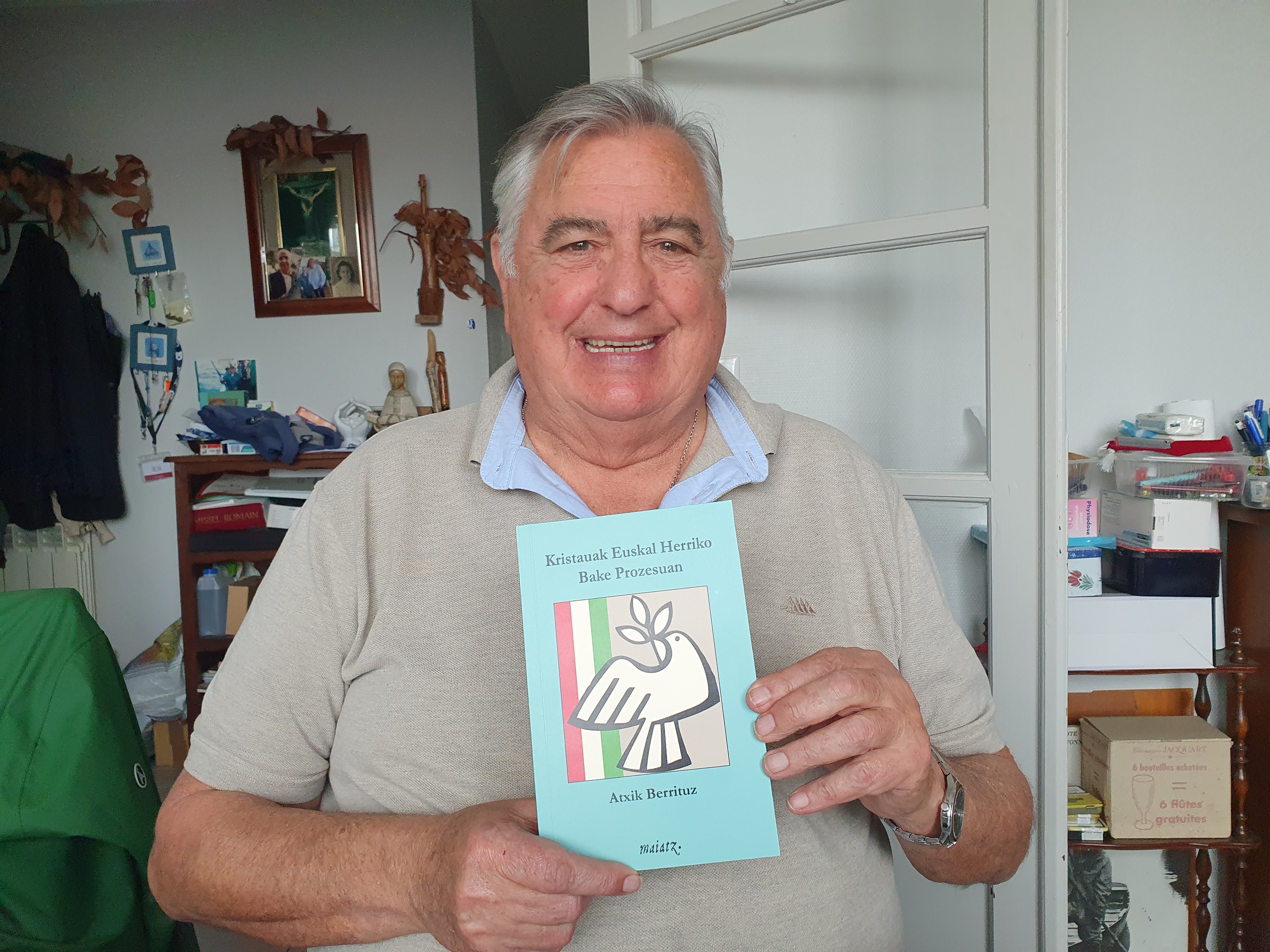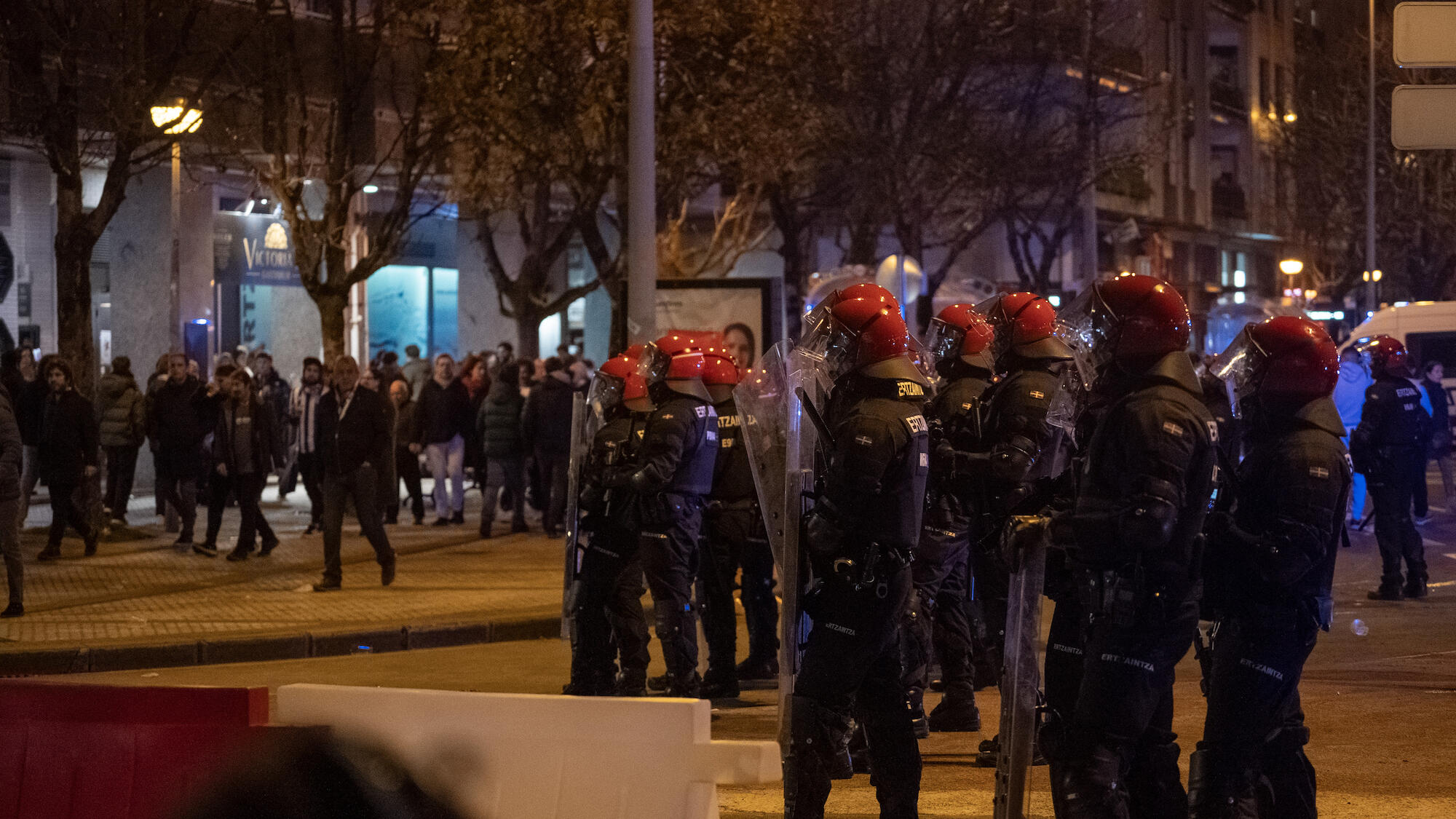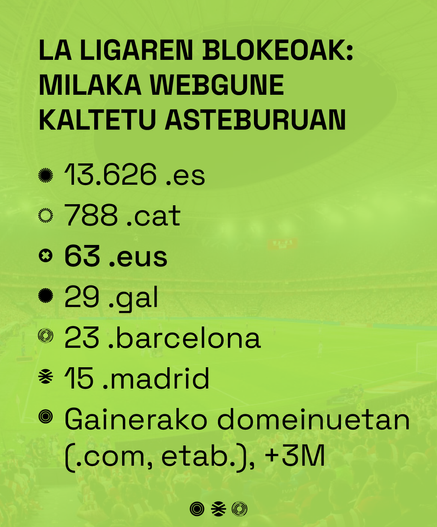The European Union advocates punishing the President of Belarus, Alexander Lukaxenko
- The European Union (EU) has strongly criticised the attitude of the top leaders of Belarus. Among the sanctioned are the President of Belarus, Alexander Lukaxenko.

The European Union (EU) has been in favour of punishing dozens of senior officials in Belarus. Among the condemned leaders is also the President of Belarus, Alexander Lukaxenko, who has also been arrested. The head of EU diplomacy, Josep Borrell, pointed out that they were in favour of punishing because the authorities did not make any gesture of dialogue. The opposition had asked the EU to include Lukaxenko on the opposition list since August.
"Nothing has improved in Belarus. The violence of the Lukaxenko regime and the arrests of peaceful demonstrators continue. That is why I have called for new sanctions to be put in place and for Lukaxenko to be punished," said the German minister, Heiko Maas.
As long ago as 2 October, the EU approved sanctions against 40 senior Belarussian officials on its territory, and yesterday, day 12, they advocated increasing and extending the penalties. The Council working groups will begin work on preparing the sanctions and hope that the second package of sanctions for Belarus will be completed within a few days.
"The elections were not free"
The EU rejects the results of the elections held on 9 August in Belarus: ‘The elections were neither free nor fair’, as read in the written declaration.
The EU stresses that the presidency of Lukaxenko has "shortcomings in democratic legitimacy". After these elections, citizens are on the streets to denounce Lukaxenko’s presidency and demand dementia. According to the Belarussian Ministry of the Interior, the arrested are more than seven hundred people, although no repression is ruled out. Lukaxenko has been governing for 26 years.
Atxik Berrituz giristino taldeak Kristauak Euskal Herriko bake prozesuan liburua argitaratu du Maiatz argitaletxearekin. Giristinoek euskal bake prozesuan zer nolako engaiamendua ukan duten irakur daiteke, lekukotasunen bidez.
It’s not Christmas Day, it’s Christmas Day that we Basques need. Once a year there are repeated calls from potential patriotic parties and groups, on these dates, the homeland of the Basque Country is the Basque Country/Euskal Herria around the proclamation. It's a matter of a... [+]








